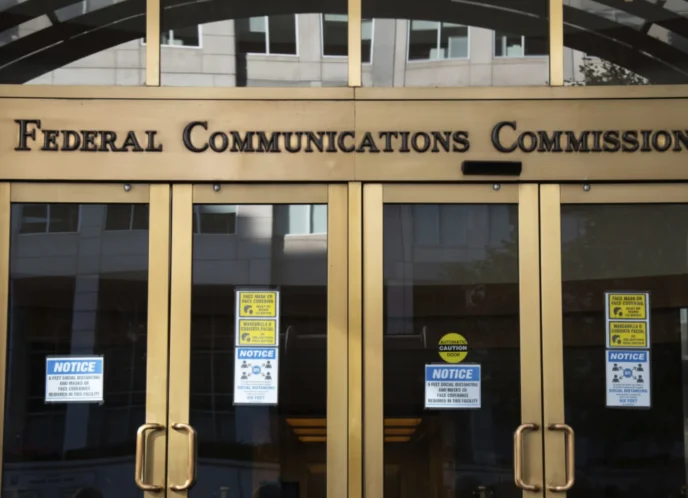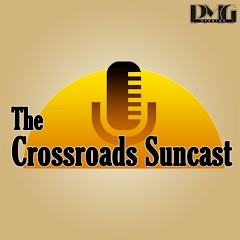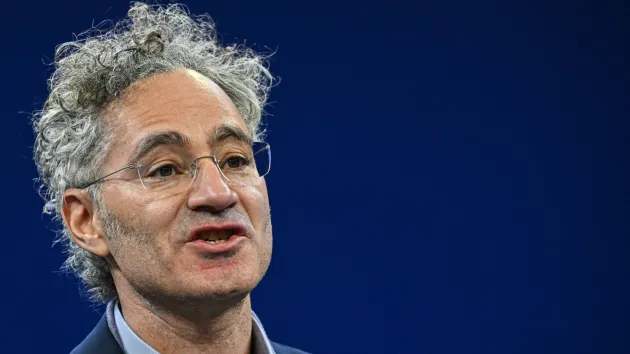 Amidst the media’s horse race election coverage, Pew Research Center released a new study yesterday that says two thirds of the public believes there are “very strong” or “strong” conflicts between the rich and the poor, documenting an increased perception amongst Americans that the gross inequalities between rich and poor are a growing source of tension in the country.
Amidst the media’s horse race election coverage, Pew Research Center released a new study yesterday that says two thirds of the public believes there are “very strong” or “strong” conflicts between the rich and the poor, documenting an increased perception amongst Americans that the gross inequalities between rich and poor are a growing source of tension in the country.
The study is on the heals of the Occupy Wall Street movement bursting on the scene, and as GOP hopefuls battle it out to see who will be nominated to run for president.
A few tidbits from the study:
While blacks are still more likely than whites see serious class conflicts, the share of whites who hold this view has increased by 22 percentage points, to 65%, since 2009. At the same time, the proportion of blacks (74%) and Hispanics (61%) sharing this judgment has grown by single digits (8 and 6 points, respectively).
Nearly two-thirds (64%) of all adults with family incomes of less than $20,000 a year report serious conflicts between the rich and poor—a view shared by 67% of those earning $75,000 a year or more.
Other sources of tension:
About six-in-ten (62%) say there are strong conflicts between immigrants and the native born, including 24% who characterize these disagreements as “very strong.”
Fewer than four-in-ten (38%) say there are serious conflicts between blacks and whites, including 10% who see these conflicts as being “very strong.” About a third say there are similar disagreements between the young and old (34%, a 9-point increase since 2009).
So what does it mean for policy change and policy proposals to bridge the divide?
The study points to a Gallup survey that says the public doesn’t necessarily correlate the tension with a need to fix the problem.
Citing Gallup, the study says: “fewer than half (46%) say “reduc[ing] the income and wealth gap between the rich and the poor” is “extremely” or “very” important. In contrast, more than eight-in-ten (82%) say policies that encourage economic growth should be high priorities.”
That means many of us concerned with the gap need to change the story to be about how reducing income and wealth gaps can and will encourage economic growth.
You can see a summary or the full study at Pew’s website.



